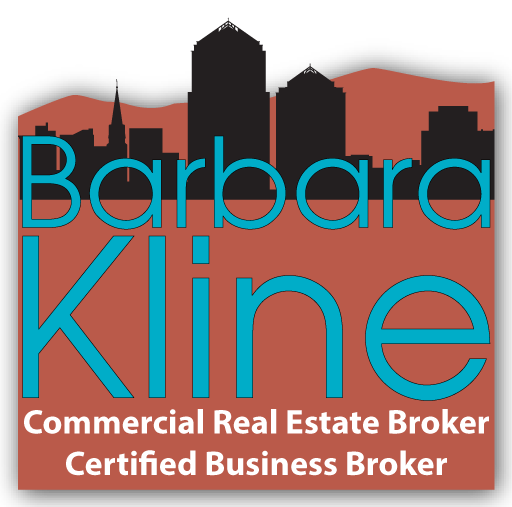Business Brokers: Using Objectivity to Optimize Business Buy/Sell Transactions Your Business
 You are thinking about selling your business. You’ve worked hard and long and are proud of the results. Now you want to turn over the reins to someone else and reap the rewards for your efforts. You think about selling the business yourself, but upon further reflection, realize there are obstacles:
You are thinking about selling your business. You’ve worked hard and long and are proud of the results. Now you want to turn over the reins to someone else and reap the rewards for your efforts. You think about selling the business yourself, but upon further reflection, realize there are obstacles:
- You may know how to sell your product or service, but how, exactly, do you sell your business?
- You know how much you want for it, but how do you justify it to someone who doesn’t know it the way you do?
- How do you find buyers while keeping your intent a secret? Your business can be hurt if employees, customers or vendors learn that it is on the market.
- How do you find time to focus on selling the business when you still need to run it?
- You can’t let the business slide while you are looking for a buyer—it will affect valuation.
Business brokers, like any professionals, specialize; they practice their skill regularly. They may not know your business as well as you do, but they know how to provide a broker estimate of value, prepare a Confidential Business Opportunity Report, market your company confidentially, screen potential buyers and broker win/win strategies for the transition of the business from the current owner to the buyer. You may want to look particularly for a broker that has received a Certified Business Broker designation, which assures you that the broker has undergone an intensive 100-hour certification program and passed a rigorous exam.
Business brokers also can be a source of referrals to other professionals you may want to employ to assist with the process – attorneys and CPAs that are skilled in business transactions, loan officers and private funding sources and others. The stakes are high when you decide to sell the business that you have spent your time, money and passion building. It makes sense to hire professionals who are skilled in the process to help you optimize the benefits of the transaction.
The role of a business broker is very different from a real estate broker (see: Business versus Real Estate Brokerage). While both are skilled professionals in their fields, a business broker’s job is just beginning when a prospective buyer proffers a Letter of Intent and serious negotiations begin.
Business brokers typically work for a “success fee,” which is payable at the end of the negotiations when the business has changed hands. During the due diligence process, it is the buyer’s responsibility to confirm all representations made by the seller to the level of comfort that will allow the buyer to proceed. Since the seller’s reputation is tied into the representation that the business is viable and since most business sales include a provision whereby the seller finances some portion of the sale price, it is important that the seller and buyer like each other and have reasonably similar ideas about what makes the business successful. There are numerous intangibles involved in the successful transition of a business and the buyer and seller need to work together during the transition period (and perhaps longer) to ensure the success of the transaction. An experienced business broker facilitates the negotiations and helps ensure that both the buyer and the seller are comfortable with the end result.
Your business broker will allow you to continue to focus on what you do best – make your business the best it can be. You can expect a business broker to evaluate the business for sale, do market research and evaluate opportunities to enhance the market value.
Based on the above, a business broker will develop a defensible estimation of value, exploring multiple accepted valuation methods to assist in developing a final price – or range of prices. Because different buyers will value the business for a variety of different reasons, it is virtually impossible to have an absolute value. However, when it comes to negotiations, the negotiator who has the best command of logic when defining a sale price is likely to be the one whose influence is dominant in the final selection of the price.
The business broker will also seek out and vet qualified prospects. This means that they have both the interest and the financial capability to purchase the company. Prospects must execute a non-disclosure agreement before getting an confidential information about the company, including the name. As the seller, you don’t need to waste time sifting through unqualified prospects and imperiling the confidentiality of the offer. The business broker’s objective, whenever possible, is to bring multiple prospects to the table because this provides better negotiating strength for the seller, and the search is likely to be national in scope.
The business broker acts as a “middle person” during negotiations with a prospective buyer. The broker is there to diffuse emotion and provide suggestions, based on past experience, for developing win/win situations that get past potential negotiating roadblocks. While the seller and buyer should both have their own teams of private advisors, it is important to realize that the safest avenue for the buyer’s consultants and advisors (especially CPAs and attorneys) is to turn down any deal. There is no business that does not come with a level of risk, and the buyer is likely to expect – or demand – a discount to account for the risk inherent in the transaction.

Recent Comments